“Drug Rehab”: What is “Alcohol and Drug Rehabilitation” and what is “Addiction Treatment”

http://www.merriam-webster.com/dictionary/rehabilitate: to bring (someone or something) back to a normal, healthy condition after an illness, injury, drug problem, etc.; to teach (a criminal in prison) to live a normal and productive life; to bring (someone or something) back to a good condition.
http://www.merriam-webster.com/dictionary/treatment: the action or manner of treating a patient medically or surgically <treatment of tuberculosis>; an instance of treating <the cure required many treatments.
“Drug and alcohol rehabilitation” assumes that the person with a drug or alcohol problem had a healthy condition prior to their addiction to which they can return, or a capacity to learn to become productive and “normal”. “Rehabilitation” is learning to achieve or returning to a healthier state once alcohol and drug use has been discontinued.
“Alcohol and drug treatment” describes addiction as a chronic, relapsing disease which requires professional intervention to bring the alcoholic/ addict to a healthier condition. Some people with a substance use disorder may not have an original state of health to which they can return and “learning” is only a part of the process of “treatment”.
Both “rehabilitation” and “treatment” provide an assessment of the person’s condition, medical withdrawal from the chemical when needed, guidance to reverse the progression of the disease, counseling and training to improve adaptation and life skills, and an introduction to a recovery-supportive lifestyle.
Considering the “chronic”, life-long nature of addiction as a disease, ongoing monitoring is necessary to assist people to maintain their fitness for recovery.
The National Institute on Drug Abuse includes the following as essential elements of drug (and alcohol) treatment:
- Addiction is a complex but treatable disease that affects brain function and behavior.
- No single treatment is right for everyone.
- People need to have quick access to treatment.
- Effective treatment addresses all of the patient’s needs, not just his or her drug use.
- Staying in treatment long enough is critical.
- Counseling and other behavioral therapies are the most commonly used forms of treatment.
- Medications are often an important part of treatment, especially when combined with behavioral therapies.
- Treatment plans must be reviewed often and modified to fit the patient’s changing needs.
- Treatment should address other possible mental disorders.
- Medically assisted detoxification is only the first stage of treatment.
- Treatment doesn’t need to be voluntary to be effective.
- Drug use during treatment must be monitored continuously.
- Treatment programs should test patients for HIV/AIDS, hepatitis B and C, tuberculosis, and other infectious diseases as well as teach them about steps they can take to reduce their risk of these illnesses.
Twin Town Treatment Centers is accredited by The Joint Commission and certified by the State of California Department of Healthcare Services.
All network HMO/PPO/EPO insurance plans and Medi-Cal contract with Twin Town Treatment Centers to provide drug and alcohol treatment and rehabilitation.
Our phone is answered by real people. We can see people on the same day as each call. (866) 594-8844

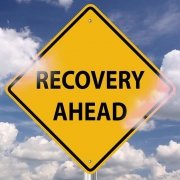
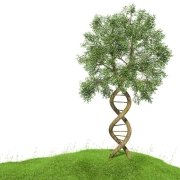
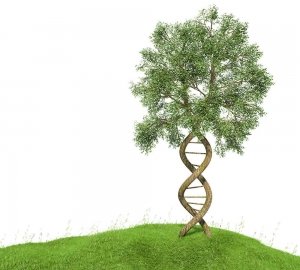

 Policy and Administration Changes are required to implement the move from an acute-care model to an outpatient and recovery management system. Included in these changes are prerequisite revisions in administration:
Policy and Administration Changes are required to implement the move from an acute-care model to an outpatient and recovery management system. Included in these changes are prerequisite revisions in administration:
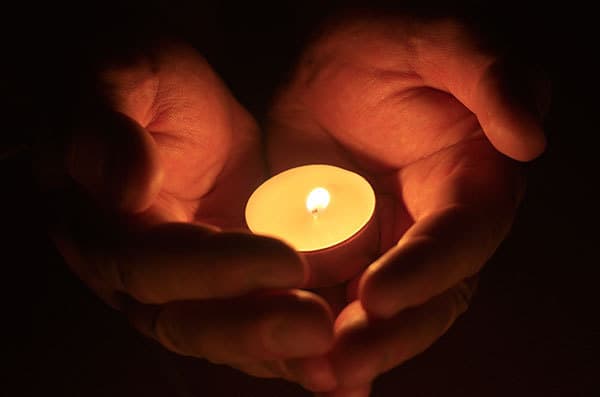
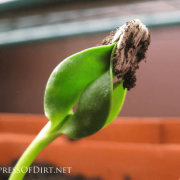
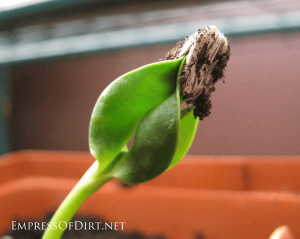 Without the transfer of recovery skills and support into the home, work and school environments, wreckage, triggers and interpersonal conflicts create a high probability of relapse and the loss of the recovery investment.
Without the transfer of recovery skills and support into the home, work and school environments, wreckage, triggers and interpersonal conflicts create a high probability of relapse and the loss of the recovery investment.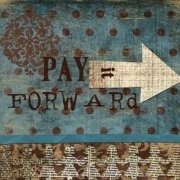
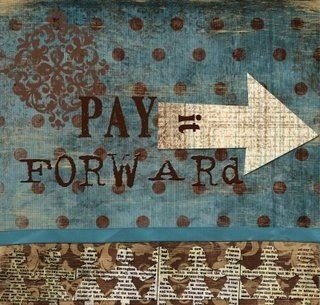
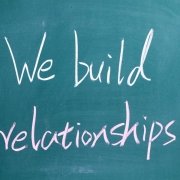
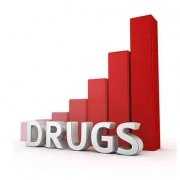
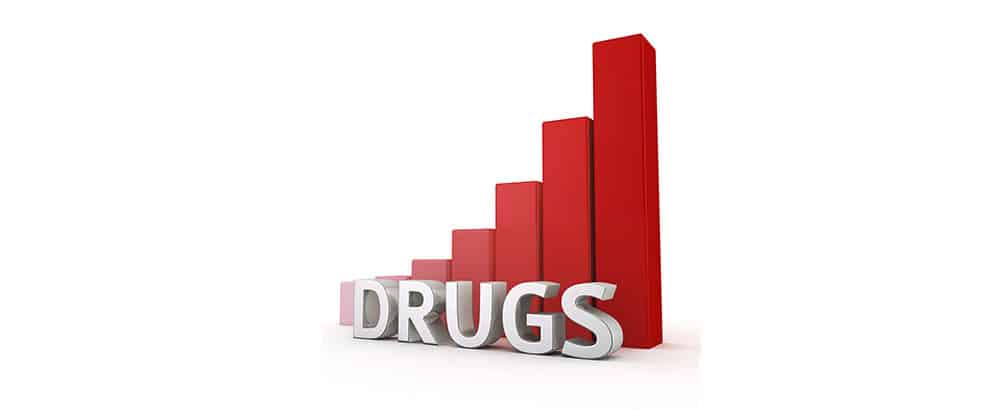 Substance use/misuse and addiction represent a significant and substantial public health challenge. Data from the 2014 National Survey on Drug Use and Health (NSDUH) reveal that an estimated 27.0 million Americans aged 12 or older were currently illicit drug users (defined as using any of the following in the past 30 days: Marijuana/hashish, cocaine/crack, heroin, hallucinogens, inhalants, or non-medical use of prescription-type psychotherapeutics such as pain relievers, tranquilizers, stimulants, and sedatives) and 16.3 million were heavy drinkers (defined as drinking five or more drinks on the same occasion on five or more days in the past 30 days). Approximately 6.5 million people aged 12 and older reported currently using psychotherapeutics non-medically.
Substance use/misuse and addiction represent a significant and substantial public health challenge. Data from the 2014 National Survey on Drug Use and Health (NSDUH) reveal that an estimated 27.0 million Americans aged 12 or older were currently illicit drug users (defined as using any of the following in the past 30 days: Marijuana/hashish, cocaine/crack, heroin, hallucinogens, inhalants, or non-medical use of prescription-type psychotherapeutics such as pain relievers, tranquilizers, stimulants, and sedatives) and 16.3 million were heavy drinkers (defined as drinking five or more drinks on the same occasion on five or more days in the past 30 days). Approximately 6.5 million people aged 12 and older reported currently using psychotherapeutics non-medically.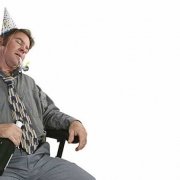



 The popularity of the “Dark Web” for purchasing illegal drugs is especially worrisome because it is increasing the availability and acceptability of drugs, according to an addiction psychiatry expert.
The popularity of the “Dark Web” for purchasing illegal drugs is especially worrisome because it is increasing the availability and acceptability of drugs, according to an addiction psychiatry expert.